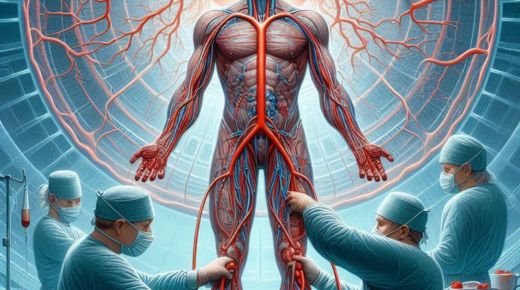The Role Of Vascular Surgeons In Treating May Thurner Syndrome
May Thurner Syndrome is a condition you might not often hear about. Yet, it is more common than we think. It involves the compression of a major vein in your body, which can lead to serious health complications. But do not worry. Vascular surgeons have the expertise to address this. They employ a range of treatments, from invasive procedures to minimally invasive ones like the Evergreen Park carotid stenting. Here’s what you need to know about how these specialists handle May Thurner Syndrome.
Understanding May Thurner Syndrome
Before we dive into treatments, let’s understand the condition. May Thurner Syndrome happens when the right iliac artery compresses the left iliac vein. This pressure disrupts blood flow. Symptoms may not show initially but can lead to painful complications like deep vein thrombosis.
Role of Vascular Surgeons
Vascular surgeons are skilled professionals who specialize in treating conditions of the circulatory system. They play a crucial part in diagnosing and treating May Thurner Syndrome. They use imaging tests to locate the issue. They then devise a treatment plan suitable for the patient’s condition.
Common Treatment Methods
Here are three common treatment methods that vascular surgeons use:
- Angioplasty: A less invasive method that improves blood flow in the veins.
- Stenting: An invasive method that involves inserting a tube to keep the vein open. Evergreen Park carotid stenting is an example.
- Bypass surgery: A major operation to create a new pathway for blood flow.
Treatment Comparison
Let’s compare these treatments in detail:
| Treatment | Procedure | Recovery Time |
| Angioplasty | Less invasive, uses a balloon catheter to widen the vein | Short recovery period |
| Stenting | Uses a tube to keep the vein open | Medium recovery period |
| Bypass Surgery | Creates a new pathway for blood flow | Long recovery period |
Conclusion
The role of vascular surgeons in treating May Thurner Syndrome is invaluable. These professionals carry the knowledge and the skills to deliver the right treatment effectively. Whether it’s angioplasty, stenting, or bypass surgery, vascular surgeons ensure that patients get the best care possible.

